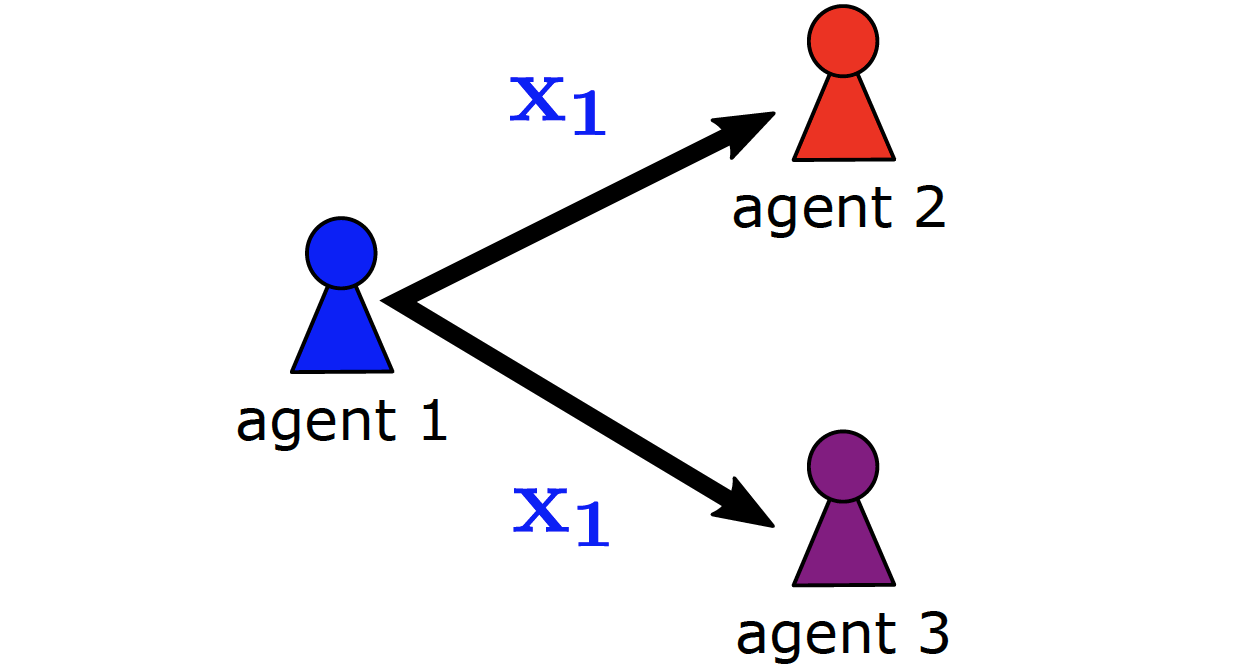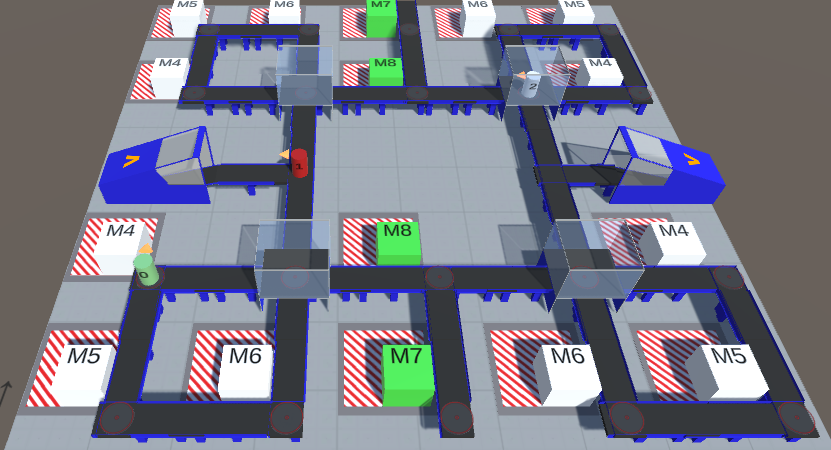State-of-the-art multi-agent reinforcement learning has achieved remarkable success in recent years. The success has been mainly based on the assumption that all teammates perfectly cooperate to optimize a global objective in order to achieve a common goal. While this may be true in the ideal case, these approaches could fail in practice, since in multi-agent systems (MAS), all agents may be a potential source of failure. In this paper, we focus on resilience in cooperative MAS and propose an Antagonist-Ratio Training Scheme (ARTS) by reformulating the original target MAS as a mixed cooperative-competitive game between a group of protagonists which represent agents of the target MAS and a group of antagonists which represent failures in the MAS. While the protagonists can learn robust policies to ensure resilience against failures, the antagonists can learn malicious behavior to provide an adequate test suite for other MAS. We empirically evaluate ARTS in a cyber physical production domain and show the effectiveness of ARTS w.r.t. resilience and testing capabilities.
@inproceedings{ phanAAMAS20,
author = "Thomy Phan and Thomas Gabor and Andreas Sedlmeier and Fabian Ritz and Bernhard Kempter and Cornel Klein and Horst Sauer and Reiner Schmid and Jan Wieghardt and Marc Zeller and Claudia Linnhoff-Popien",
title = "Learning and Testing Resilience in Cooperative Multi-Agent Systems",
year = "2020",
abstract = "State-of-the-art multi-agent reinforcement learning has achieved remarkable success in recent years. The success has been mainly based on the assumption that all teammates perfectly cooperate to optimize a global objective in order to achieve a common goal. While this may be true in the ideal case, these approaches could fail in practice, since in multi-agent systems (MAS), all agents may be a potential source of failure. In this paper, we focus on resilience in cooperative MAS and propose an Antagonist-Ratio Training Scheme (ARTS) by reformulating the original target MAS as a mixed cooperative-competitive game between a group of protagonists which represent agents of the target MAS and a group of antagonists which represent failures in the MAS. While the protagonists can learn robust policies to ensure resilience against failures, the antagonists can learn malicious behavior to provide an adequate test suite for other MAS. We empirically evaluate ARTS in a cyber physical production domain and show the effectiveness of ARTS w.r.t. resilience and testing capabilities.",
url = "https://ifaamas.org/Proceedings/aamas2020/pdfs/p1055.pdf",
eprint = "https://thomyphan.github.io/files/2020-aamas.pdf",
location = "Virtual Event, New Zealand",
publisher = "International Foundation for Autonomous Agents and Multiagent Systems",
booktitle = "Proceedings of the 19th International Conference on Autonomous Agents and MultiAgent Systems",
pages = "1055--1063",
keywords = "learning and testing, multi-agent learning, adversarial learning",
doi = "https://dl.acm.org/doi/10.5555/3398761.3398884"
}
Related Articles
Relevant Research Areas


